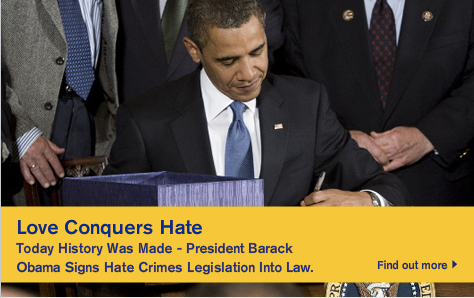The Suffering and Glory of the Servant (Isaiah 52:13 - 53:12)
13 See, my servant will act wisely;
he will be raised and lifted up and highly exalted.
14 Just as there were many who were appalled at him—
his appearance was so disfigured beyond that of any man
and his form marred beyond human likeness—
15 so will he sprinkle many nations,
and kings will shut their mouths because of him.
For what they were not told, they will see,
and what they have not heard, they will understand.
1 Who has believed our message
and to whom has the arm of the Lord been revealed?
2 He grew up before him like a tender shoot,
and like a root out of dry ground.
He had no beauty or majesty to attract us to him,
nothing in his appearance that we should desire him.
3 He was despised and rejected by men,
a man of sorrows, and familiar with suffering.
Like one from whom men hide their faces
he was despised, and we esteemed him not.
4 Surely he took up our infirmities
and carried our sorrows,
yet we considered him stricken by God,
smitten by him, and afflicted.
5 But he was pierced for our transgressions,
he was crushed for our iniquities;
the punishment that brought us peace was upon him,
and by his wounds we are healed.

6 We all, like sheep, have gone astray,
each of us has turned to his own way;
and the Lord has laid on him
the iniquity of us all.
7 He was oppressed and afflicted,
yet he did not open his mouth;
he was led like a lamb to the slaughter,
and as a sheep before her shearers is silent,
so he did not open his mouth.
8 By oppression and judgment he was taken away.
And who can speak of his descendants?
For he was cut off from the land of the living;
for the transgression of my people he was stricken.
9 He was assigned a grave with the wicked,
and with the rich in his death,
though he had done no violence,
nor was any deceit in his mouth.
10 Yet it was the Lord's will to crush him and cause him to suffer,
and though the Lord makes his life a guilt offering,
he will see his offspring and prolong his days,
and the will of the Lord will prosper in his hand.

11 After the suffering of his soul,
he will see the light of life and be satisfied;
by knowledge of him my righteous servant will justify many,
and he will bear their iniquities.
12 Therefore I will give him a portion among the great,
and he will divide the spoils with the strong,
because he poured out his life unto death,
and was numbered with the transgressors.
For he bore the sin of many,
and made intercession for the transgressors.
I went out looking for the answers
And never left my town
I'm no good at understanding
But I'm good at standing ground
And when I asked a corner preacher
I couldn't hear him for my youth
Some people get religion
Some people get the truth
I never get the truth
I never get the truth
I know the darkness pulls on you
But it's just a point of view
When you're outside looking in
You belong to someone
And when you feel like giving in
Or the coming of the end
Like your heart could break in two
Someone loves you
I laid this suitcase on my chest
So I could feel somebody's weight
And I laid you to rest
Just to feel the give and take
I got a new interpretation
And it's a better point of view
While you were looking for a landslide
I was looking out for you
Someone's looking out for you
I know the darkness pulls on you
But it's just a point of view
When you're outside looking in
You belong to someone
And when you feel like giving in
Or the coming of the end
Like your heart could break in two
Someone loves you
I am afraid of crossing lines
I am afraid of flying blind
Afraid of inquiring minds
Afraid of being left behind
I close my eyes, I think of you
I take a step, I think of you
I catch my breath, I think of you
I cannot rest, I think of you
My one and only wrecking ball
And you're crashing through my walls
When you're outside looking in
You belong to someone
And when you feel like giving in
Or the coming of the end
Like your heart could break in two
Someone loves you
~ Happy Easter, Indeed. ~
(photos taken by me via my iphone)Labels: Christianity, photos











